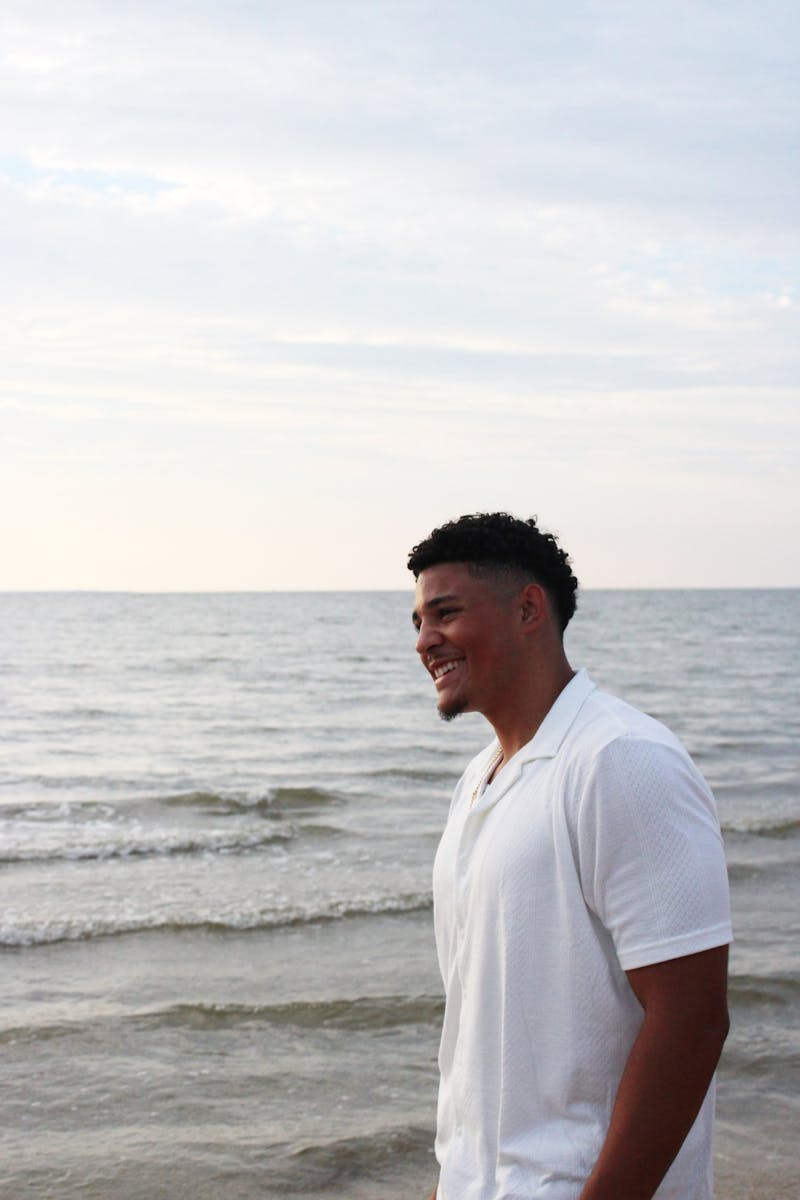One of the largest affected ages with eating disorders are college-aged people.
With the stress of classes and extracurriculars, some students fall into dangerous and unhealthy eating habits.
The Shippensburg University Women’s Center not only provides resources for those with eating disorders, but aims to educate others on the warning signs of eating disorders.
The Women’s Center and the Pride Center collaborated to host a Zoom workshop called “Eating Disorders: How to help a Friend” on March 23. Lynn Slawsky, a guest speaker from the National Association of Anorexia Nervosa and Associated Disorders (ANAD) joined the call to provide professional knowledge and to share her personal experience with eating disorders.
An intern from the women’s center provided an informational presentation on how to help friends who have eating disorders. There were three major ways that someone can support a friend with an eating disorder presented in the presentation.
First, knowing the types of eating disorders and noticing the warning signs such as emotional and behavioral changes or physical changes in a person can be critical with providing a friend with an eating disorder professional help.
The second way to support someone with an eating disorder is to know that there is no single cause to an eating disorder. The presentation listed that there can be many factors that play into why someone can develop an eating disorder.
The final way listed for a friend to support someone with an eating disorder, is knowing how they can help.
If someone notices a friend displaying behavior that resembles an eating disorder it is important to let them know you are there to help and be supportive of them.
While they may not be ready to take the step to recovery and getting help, it is important to create a friendly environment and let them know you are here to help when they are ready.
Following the presentation from the Women’s Center, Slawsky presented the group with more statistics from ANAD about eating disorders and reinforcing the ways someone can help someone with an eating disorder.
Slawsky talked about ways to work on shifting society’s focus to more body neutrality and body positive driven content within social media. One simple way Slawsky suggested friends can help is to share positive social media posts that promote accepting all bodies of all shapes and sizes.
Slawsky then shared about ANAD’s services as well as its volunteer program at ANAD, which allows college students to work with the ANAD help center call line.
To get help for yourself or a friend, call the ANAD helpline at 888-375-7767.



The Slate welcomes thoughtful discussion on all of our stories, but please keep comments civil and on-topic. Read our full guidelines here.